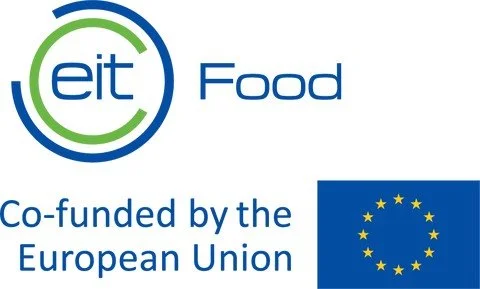We created a safe space for agrifood students to explore solutions to food waste
Mycelium, in collaboration with the Public University of Navarra (UPNA), orchestrated the groundbreaking "Resto Zero" workshop.
This innovative event brought together over 60 students from diverse food industry backgrounds to tackle the challenge of transforming kitchen waste into cutting-edge culinary creations.
Through a unique blend of expert insights, hands-on experimentation, and collaborative problem-solving, we ignited a powerful movement towards sustainable gastronomy practices.
From discarded to delicious: Empowering the next generation of culinary innovators to revolutionize food waste management.
The Challenge:
How might we inspire and equip the next generation of food professionals to transform food waste into innovative, sustainable practices that revolutionize the food processing & HORECA sectors?
How we tackled it
Mycelium approached this challenge with our signature multidisciplinary, hands-on methodology TRANSFORM:
Transform Methodology
We implemented our proprietary Transform methodology, an interactive ideation method designed to foster innovation and problem-solving. This unique approach uses food preparation as a vehicle for reflection, allowing participants to become fully present and access their entire creative potential. By engaging in collective culinary activities, we created an environment that stimulated new perspectives, creativity, and profound insights.
Expert Knowledge Transfer
We assembled a diverse panel of industry leaders, including fermentation specialists, sustainability experts, and innovative chefs. These experts shared cutting-edge insights on topics ranging from zero-waste restaurant management to consumer perspectives on sustainability.
Practical Innovation Workshops
Students were divided into multidisciplinary teams to tackle real-world challenges such as overproduction, inventory management, and byproduct utilization. This hands-on approach, guided by the Transform methodology, fostered creative problem-solving and collaborative innovation.
Systemic Problem-solving
We guided students to look beyond immediate solutions and address the root causes of food waste. This led to the development of holistic strategies, including mandatory food waste management education and community-oriented initiatives like zero-waste markets.
Cross-disciplinary collaboration
By bringing together students from various educational backgrounds, we created a rich environment for knowledge exchange and innovative thinking, mirroring the diverse expertise of the Mycelium network.
Shared Meal and Reflection
In line with the Transform methodology, the workshop culminated in a shared meal prepared from the participants' creations. This communal experience fostered deeper connections and continued the flow of ideas and insights.

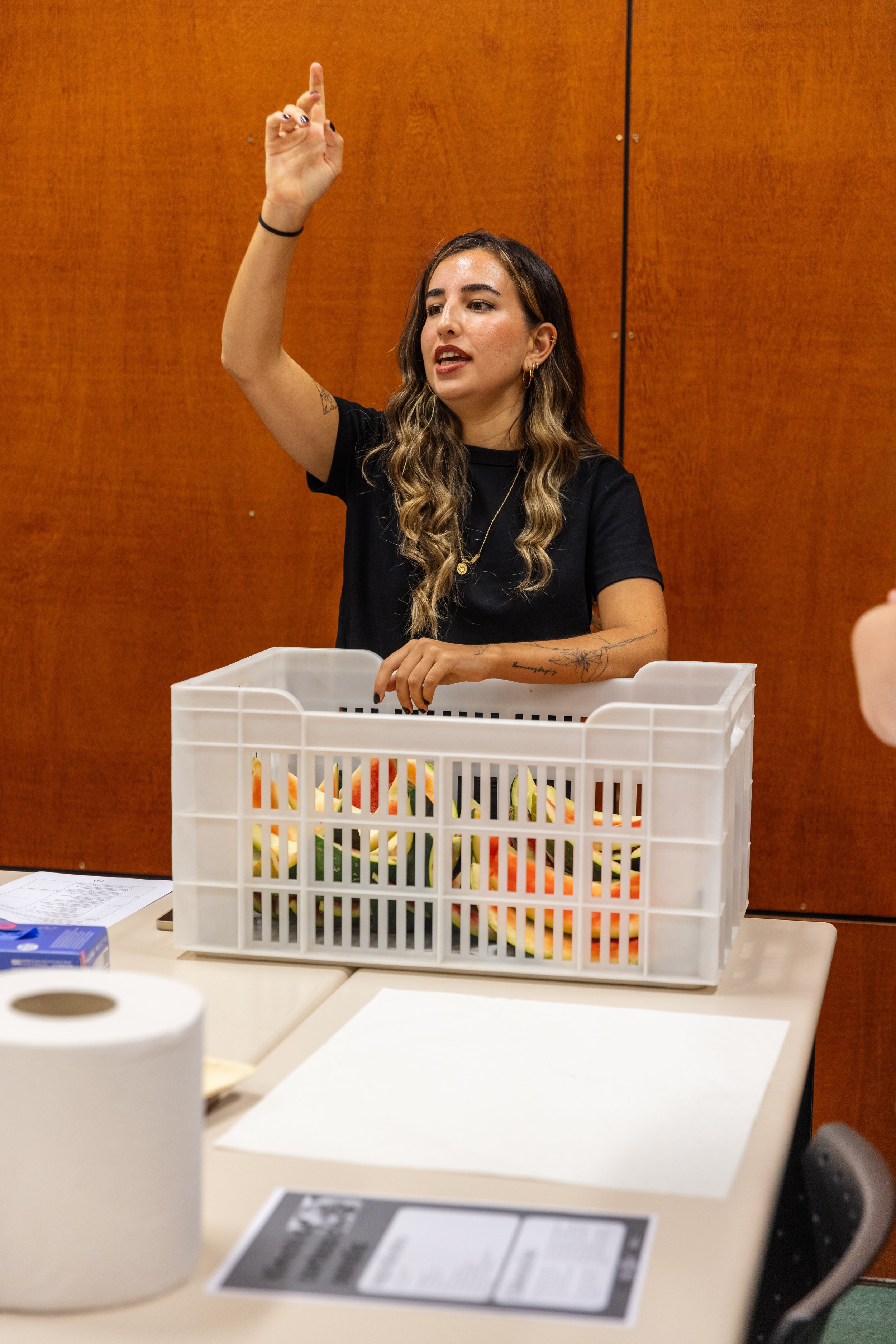
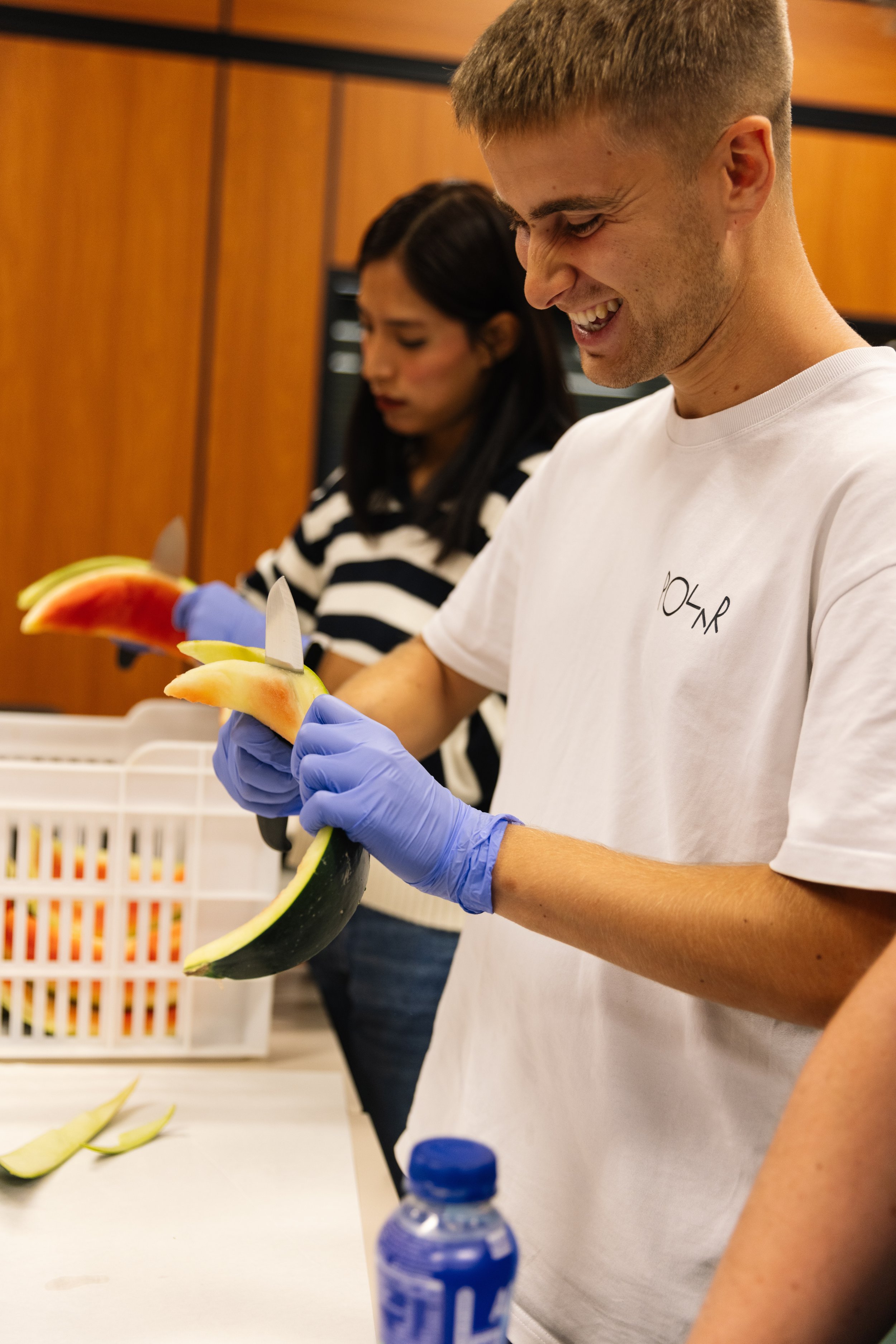



Scope.
Meet the Team Involved.
-

Estefania Simon-Sasyk
-

Elisabet Puiggròs
-
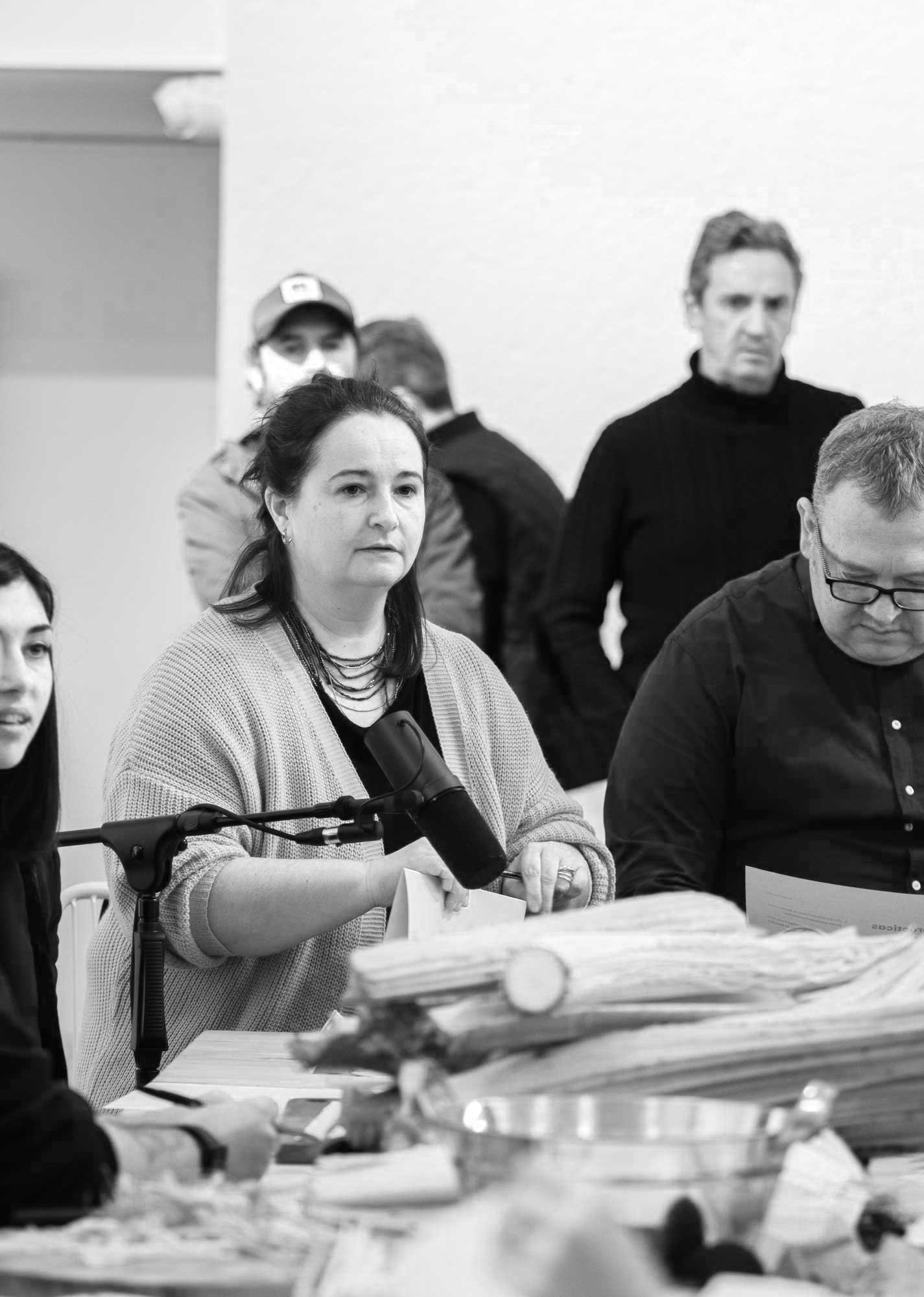
Idoya Fernández-Pan
-
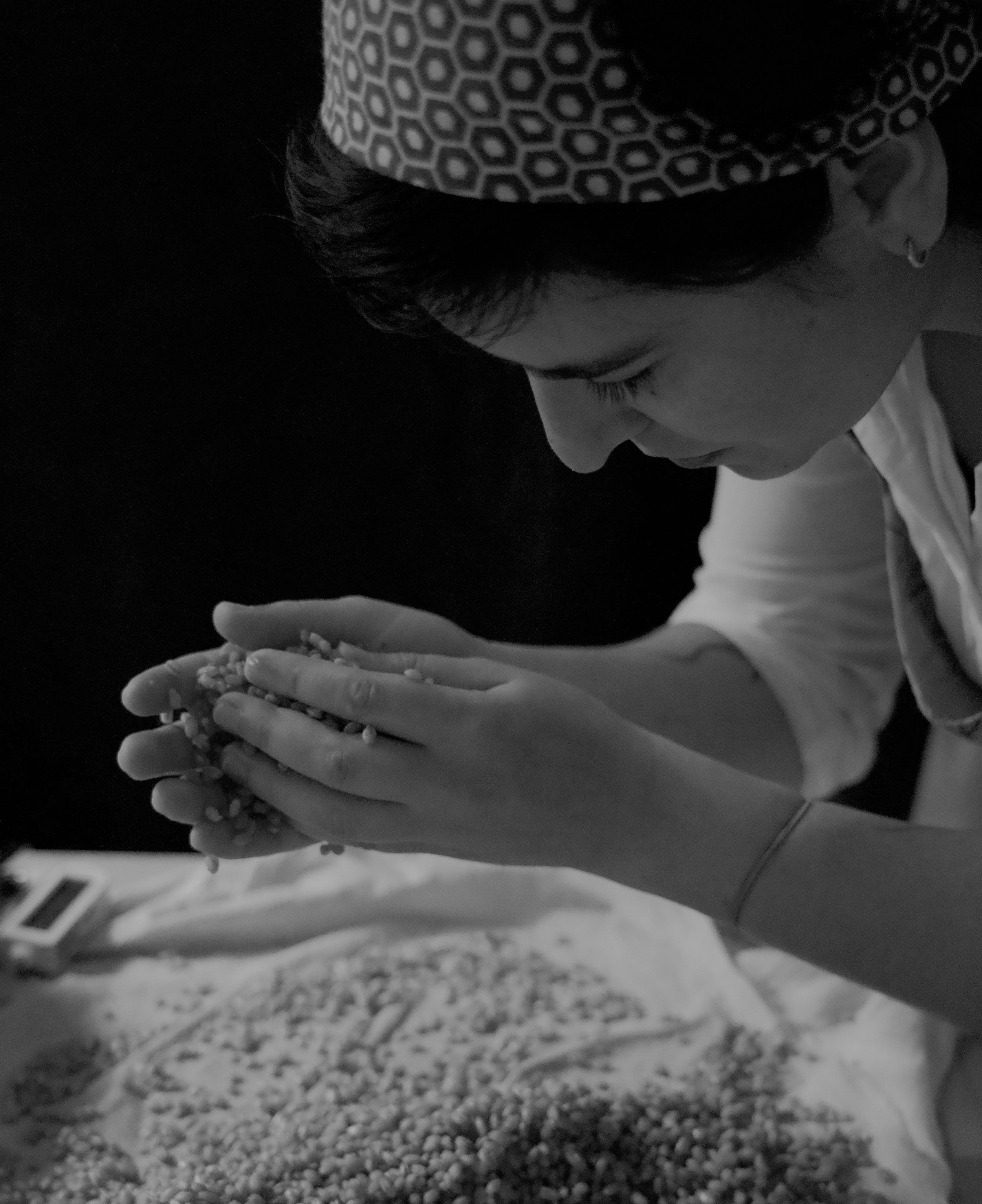
María José Mantilla
-

Paula Torán-Pereg
-

Victor Quintilla
-
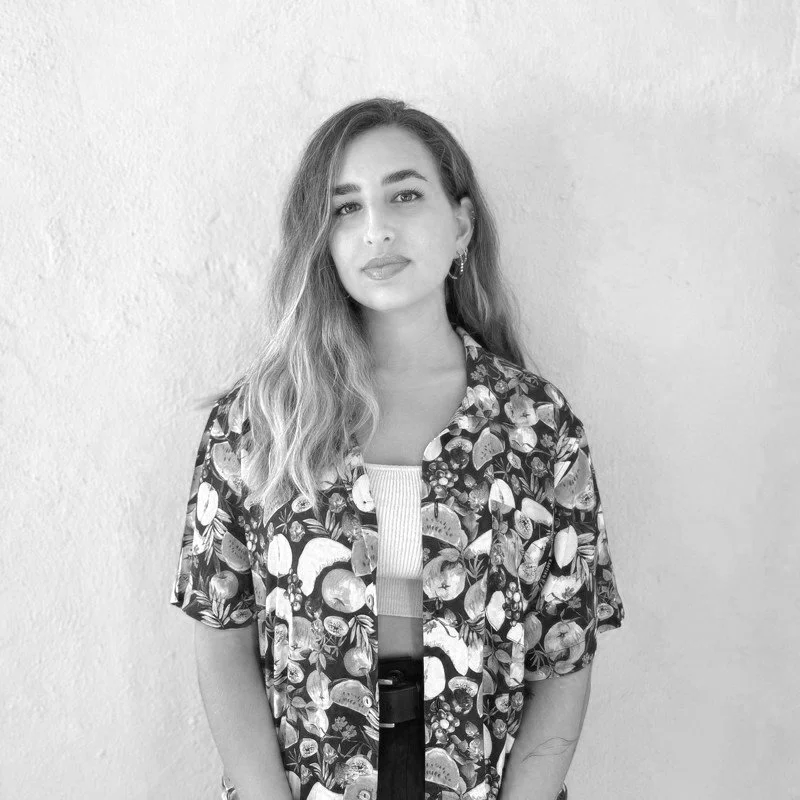
Raquel Mestre
-

Iranzu Zalba
And the Institutions
